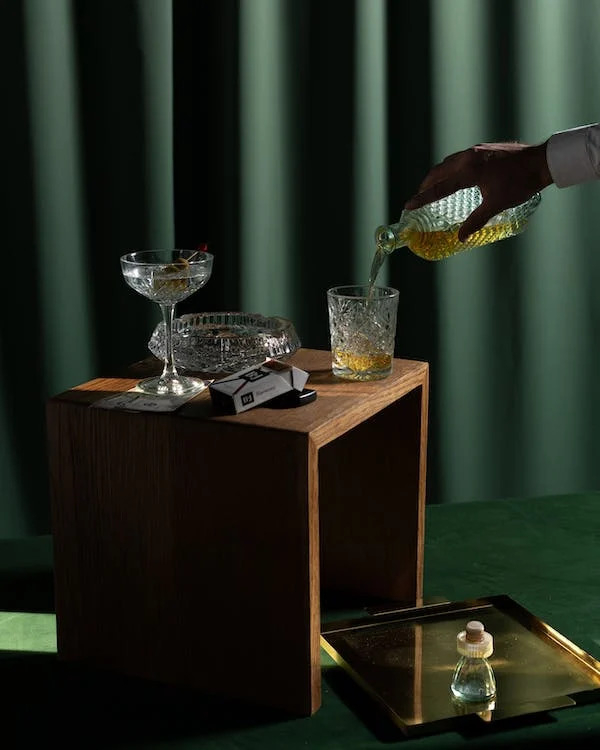Japanese Whisky
Japanese whisky has gained international recognition and acclaim for its exceptional quality and craftsmanship. Inspired by Scotch whisky production techniques, Japanese distilleries have perfected their own unique style and flavor profiles.
The history of Japanese whisky dates back to the early 20th century. Whisky production in Japan was initially influenced by Scotch whisky, with distilleries like Yamazaki, Yoichi, and Hakushu drawing inspiration from Scottish traditions.
Japanese whisky follows the traditional whisky-making process, which includes mashing, fermentation, distillation, maturation in wooden barrels, and blending. Japanese distilleries often incorporate local ingredients, such as indigenous types of barley and water sourced from pristine mountain streams.
Japanese whisky is known for its smoothness, balance, and complexity. Distillers focus on achieving a harmonious combination of flavors, with notes of fruit, floral, spice, and malt often present. The use of different types of casks, including American oak, sherry, and Mizunara (a rare Japanese oak), contributes to the unique character of Japanese whiskies.
Japan is home to several renowned whisky distilleries. The Yamazaki distillery, established in 1923, is considered the birthplace of Japanese whisky. Other notable distilleries include Nikka's Yoichi and Miyagikyo, Hakushu, Chichibu, and Mars Shinshu.
Japanese whiskies have received numerous international awards and accolades, with several brands earning global recognition for their exceptional quality. In blind tasting competitions, Japanese whiskies have often competed and triumphed against well-established Scotch whiskies.














